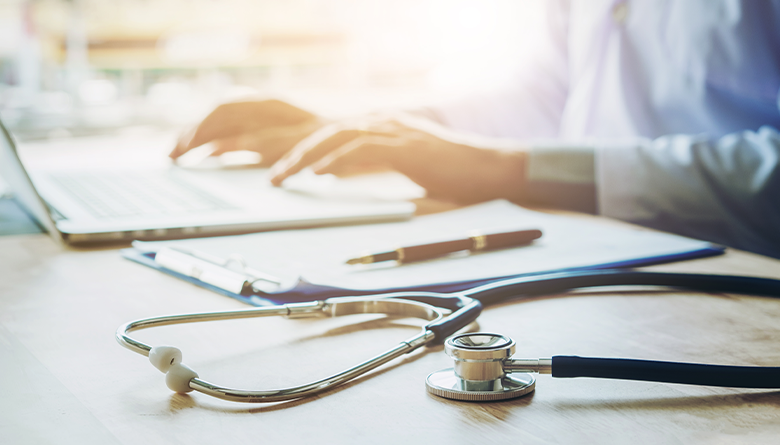By Regina Stracqualursi
Every day across the world, advances are made that are a result of interdisciplinary collaboration. We see this every day on our own campus at Rensselaer Polytechnic Institute. Our researchers have created virtual reality devices to help better train surgeons. They have developed new imaging techniques to give doctors a closer look at the cancers they are treating. They have also worked to improve the technologies people depend on daily to stay alive.
The value of interdisciplinary collaboration is undeniable and a critical component of the Rensselaer model for education and research. A new degree program embodies this model by training students in both science and economics. The bachelor’s degree in biotechnology and health economics at Rensselaer equips students headed for careers in science with knowledge beyond their chosen scientific field.
Offered by the School of Humanities, Arts, and Social Sciences (HASS), in partnership with the School of Science, the program offers students pursuing biochemistry, biophysics, biological sciences, physics, chemistry, and chemical biology the opportunity to gain enhanced quantitative and modeling skills as part of their bachelor’s degree.
“The leaders of tomorrow need to be grounded not only in the STEM disciplines, but also have the habits of mind characteristic of study in the humanities, arts, and social sciences,” said Mary Simoni, dean of HASS.
The new program, organized by George Makhatadze, associate head of the Department of Biological Sciences, and Vivek Ghosal, head of the Department of Economics, is designed for students interested in careers that blend multiple disciplines, such as science and business.
Having a multidisciplinary skill set will allow graduates to both understand and analyze the scientific aspects of emerging technologies, as well as the resulting business implications and economic impacts. “From the science side, you may be able to get to a curative therapy, but economically, can you charge that price?” said Ghosal. “We can offer students of science a more complete picture of the business they are entering, of the complex interface between scientific progress and the economics on the ground.”
The program also provides graduates with more flexibility to advance in their careers, as they are well positioned to work directly in scientific fields or in consulting in fields like health care and biotechnology.

